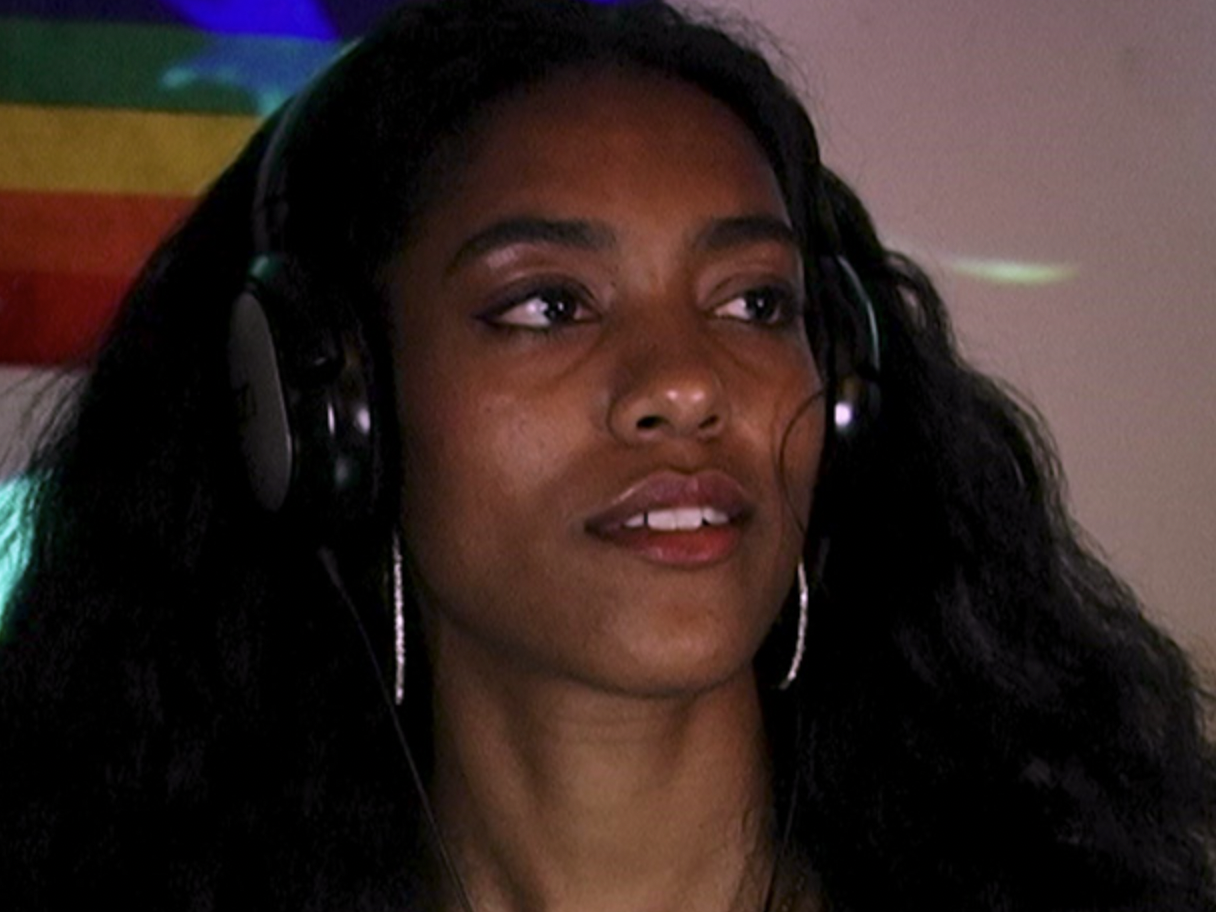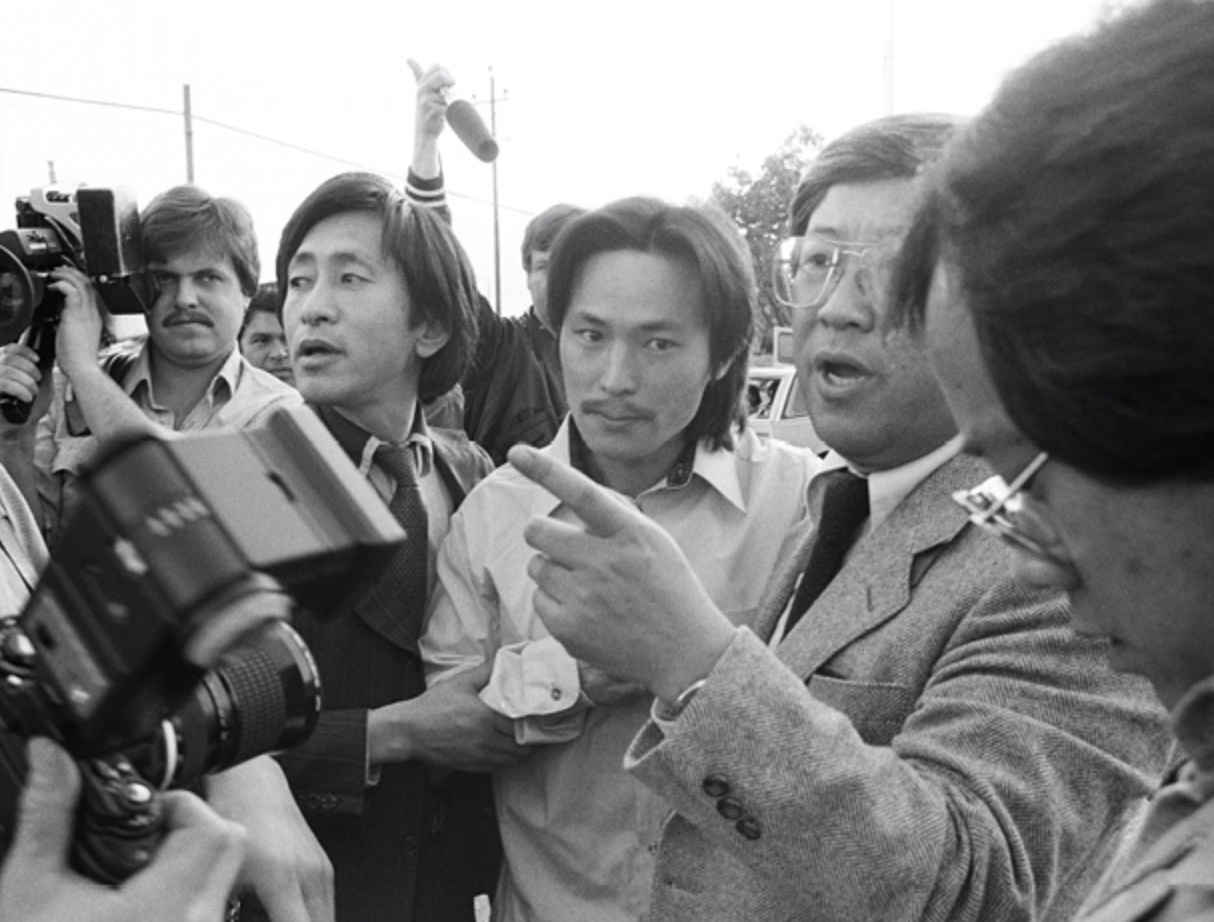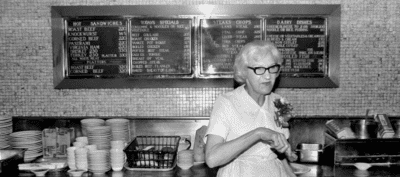Courtesy BAM
Two Brooklyn filmmakers to check out at BAMcinemaFest
The film festival returns in-person, determined to make Brooklyn a destination for movie fans as it highlights under-represented voices
BAMcinemaFest kicked off this Thursday and is back in person for the first time in three years. This time around, festival host BAM Film has doubled down on being the movie destination for Brookyn.
“The audience that we’re serving here is extremely diverse, fascinating, and political,” says senior film programmer Jesse Trussell. “We program movies that are useful to people’s lives and relevant to their experience of the world.”
BAM Film set this mission in 2017 under the leadership of Gina Duncan, their first vice president of film and strategic programming. During the pandemic, Duncan accepted a job as producing director at the Sundance Institute, which hosts the annual Sundance Film Festival, but returned to BAM to serve as president of the entire organization this spring.
Under her guidance, BAM Film is focusing on movies by artists who have been left out of creative spaces, including non-white, queer, and disabled filmmakers, among others. That includes programming for their annual summer festival.
The 2022 edition of BAMcinemaFest is the last of BAM’s signature film events to finally meet again in person since BAM Rose Cinemas reopened in June of 2021.
“At that time, we weren’t quite ready to do an in-person [BAMcinemaFest], so we held a virtual festival, but it’s exciting to be back,” says Trussell.
Trussell also tells us this year the festival is focused on emerging and mid-career filmmakers who don’t receive their due at other film festivals. “We want to plant a flag in fresh, daring work that’s a real discovery for audiences,” he says.
In the mix are two movies by local filmmakers.
“Ferny & Luca,” by director Andrew Infante, is a Brooklyn love story that follows Ferny (Leonidas Ocampo), a sweet, naive, girl-crazy, pretty boy with his heart on his sleeve. Luca (Lauren Kelisha Muller) is a spirited, rough and tumble, disco queen who is more concerned with chasing her dreams than chasing boys.
The movie was partially shot during the pandemic but it’s not about Covid. They began production in 2019 and picked it back up in 2020.
“We refined what we shot in 2019 during the pandemic while everyone was quarantining,” says Infante. “It worked out for the best because we planned to shoot every few months due to scheduling constraints.”
Jesse Trussell calls Infante “a completely fascinating new voice in indie film.”
“‘Ferny & Luca’ is exactly what BAMcinemaFest is built to serve,” says Trussell. “It doesn’t have the flashy celebrities, but it’s filled with local talent that we’re happy to say are from New York.”
“Free Chol Soo Lee,” by directors Julie Ha and Eugene Yi, is about Asian Americans who collaborated in 1973 to exonerate Chol Soo Lee, a Korean immigrant who was wrongly convicted of a gang murder. Once out, Lee self-destructed, and tarnished the movement’s legacy.
“The movie recognizes that holding someone up as the symbol of a movement puts many burdens on them,” says Trussell. “It’s the kind of politically-engaged, activist filmmaking that we really want to support.”
BAMcinemaFest 2022 takes place in person at BAM Rose Cinemas through June 30.
For the occasion, we spoke with filmmakers Andrew Infante for “Ferny & Luca” and Julie Ha and Eugene Yi for “Free Chol Soo Lee.”
“Ferny & Luca”
Screening on Friday, June 24
Director: Andrew Infante

What’s your background in making movies?
Andrew Infante: I’ve made a couple of short films and my main gig is editing. Editing it another way of directing, it’s another stage of directing when you’re working with the images you got and seeing what works, what doesn’t and thinking about a million different ways to arrange it until you find the good one. I like having the anxiety of having all the different ways you can go with a scene.
How does editing compare to directing?
Since I shot the movie and because I was the one looking through the viewfinder the whole time we were shooting, I’m basically editing as we shoot. I’ll watch a take we’re filming against the tape that we had just shot.
Was your crew made up of local filmmakers?
The crew is mostly my friends, but yeah, the cast and crew are all local. Leonidas Ocampo is from Williamsburg and Lauren Kelisha Muller lives in the Bronx. I live in Bed-Stuy near this great pizza shop Cuts & Slices.
Why did you shoot part of the movie during the pandemic?
It was a nice break from the quarantine to shoot for a weekend one month and wait a while to shoot another part of the script.
“Free Chol Soo Lee”
Screening on Tuesday, June 28
Directors: Julie Ha and Eugene Yi


How does your documentary differ from the other documentary about Chol Soo Lee, “Perceptions — A Question of Justice?”
Eugene Yi: Sandra Gin was the journalist who completed that documentary through great will and grit on her own against a management that wasn’t interested in telling those kinds of stories. They actually finished the documentary just before Chol Soo Lee was released. So they were barely even able to get the footage of his actual release. Once he was out, he struggled with the expectations from the community and the demons of institutionalization and the trauma that he’d been through in his life.
Julie Ha: Sandra really wanted to complete a fuller picture of his story, especially with how things worked out for Chol Soo. She continued to interview him over the years, and even after he committed arson, so we really have to credit her for continuing to follow this story. We really wouldn’t have a film if it weren’t for her work, and her generosity in sharing the material that she had with us. She told us she was happy to hand us the baton to tell Chol Soo Lee’s full story.
Did the pandemic push you in the direction of using archival footage? There’s a lot of it in the movie.
Ha: We did expect to shoot more interviews, and we even thought about shooting recreations. Because of the pandemic we did have to pivot and reassess our approach to the film. We didn’t want to put subjects at risk because they’re older so we decided not to shoot any more in person interviews. We did record remote audio and decided to fully embrace an archival identity for our film. Actually, I think we’re very happy that we ended up doing so because the think the film became even more immersive after we made that decision.
How have the people who helped free Chol Soo Lee respond to your movie?
Yi: We’ve both heard from so many people and we’re so grateful and gratified that people feel like we were able to tell the story in all of its truth, to depict Chol Soo in all three dimensions. Because the reality was that he did struggle, he did burn bridges, and it wasn’t easy for a lot of people to maintain relationships with him after the movement days are over. For both of us, it’s always been really important to tell this story in all of its chapters. It’s another way of depicting our communities in ways where we’re three dimensional humans, and we get to occupy these spaces and be fully realized. To actually hear from the activists that they felt it in the film has been extremely gratifying.
You might also like 


























